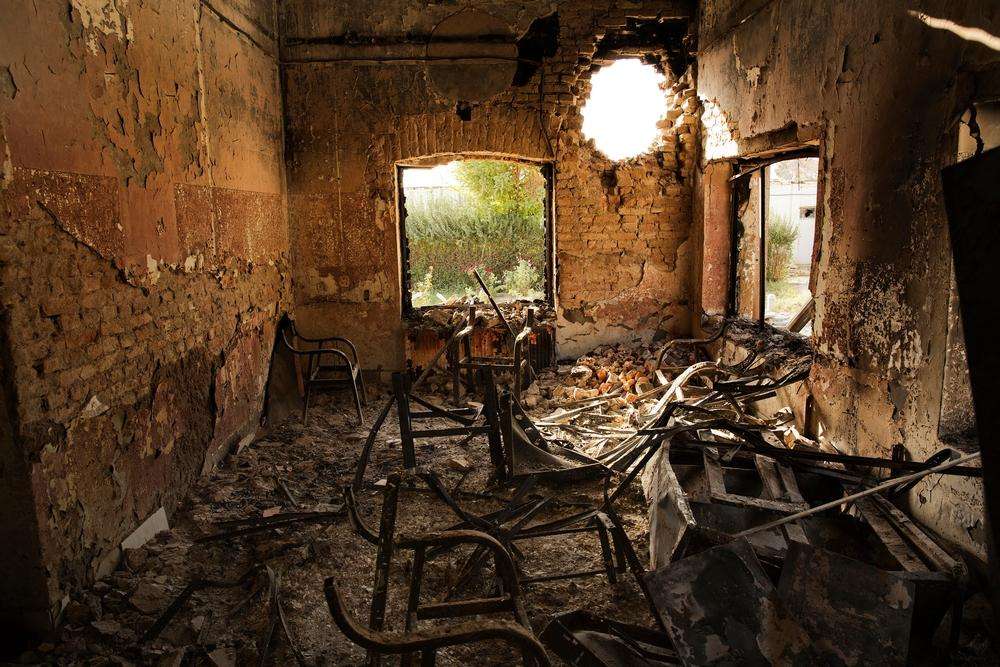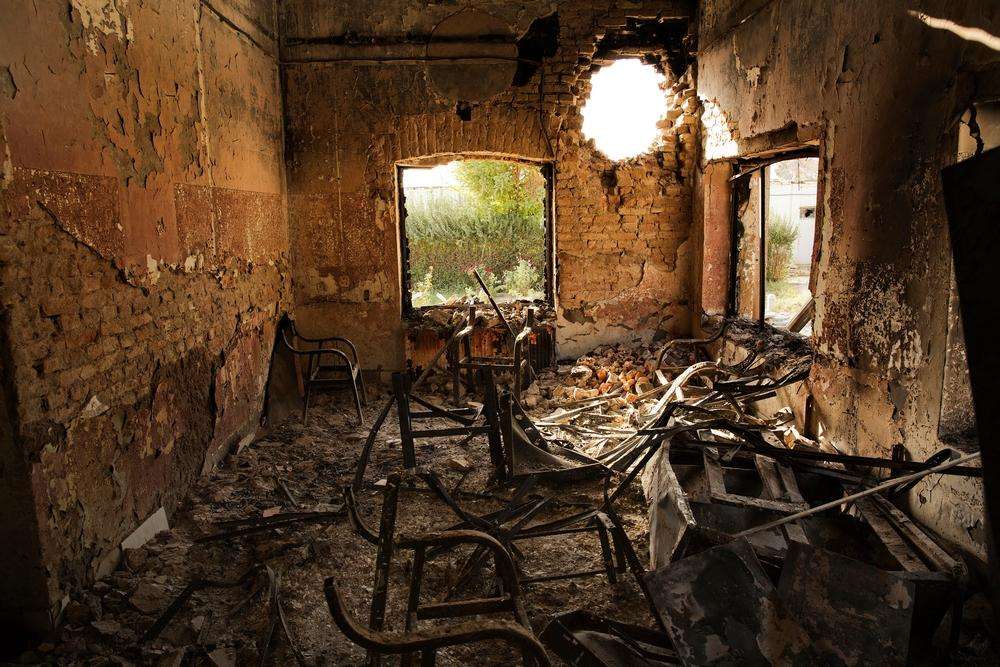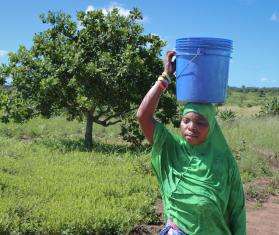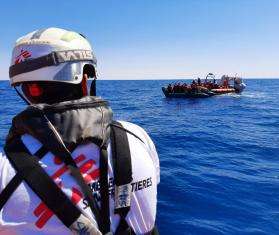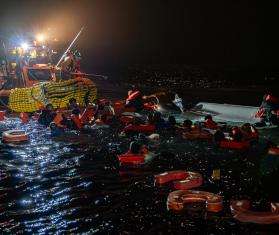[UPDATED OCTOBER 24]
Nearly three weeks on from the US bombing of the Doctors Without Borders/Médecins Sans Frontières (MSF) trauma center in Kunduz, Afghanistan, on October 3, MSF today announces with sadness that the death toll is still rising.
A total of 30 people are now confirmed dead due to the October 3 attacks, up from 22, as was reported earlier. One additional MSF staff member was recently confirmed to have died, which means that MSF has confirmed that the assault killed a total of 13 MSF staff members and 10 patients. Seven other bodies were found in the wreckage but could not be identified; it is presumed that one of those was an MSF staff member and two were patients, but that has not yet been confirmed. The identities of the others remain unknown to date. All have been buried.
Kunduz Hospital Attack: MSF Factsheet
So far MSF confirms 27 staff injured, in addition to many patients and caretakers. Following the chaos of the attack, tracing patients has been extremely difficult and a definite number of wounded may be impossible to determine.
Beyond the immediate death toll, the destruction of MSF’s 94-bed trauma center will have a huge impact on access to surgical care for hundreds of thousands of people in the region. This hospital was the only facility of its kind in northeastern Afghanistan, with more than 400 staff able to provide extremely high quality surgical, post-operative, and rehabilitation care. Last year, more than 22,000 patients received care at the hospital and more than 5,900 surgeries were performed. Staff treated anyone who needed medical care, often for significant trauma injuries from traffic accidents, bomb blasts, or gunshot wounds.
The emergency staff had been trained to respond to mass casualty situations—when large numbers of wounded arrive in a short period—and this was invaluable in the week leading up to the attack, when conflict was raging in the city and 394 wounded patients were treated from September 28 to October 2.
All that now remains of the three operating theaters, the ER and outpatient departments, and the intensive care unit are collapsed roofs, blackened walls, floors thick with dust, and twisted pieces of metal that were once beds or trolleys.
Today, in a situation that remains volatile, the Kunduz Regional Hospital and a clinic at the airport are the only facilities providing free medical care in Kunduz. They have received donations of medical supplies from various sources, including MSF, since the attack on the MSF hospital. Ministry of Health staff have been relocated from other provinces to provide support. The surgical capacity in these facilities is limited and complex medical cases cannot be managed, meaning they need to be transferred to hospitals in other towns.
A small MSF team has returned to Kunduz to assess the damage, ensure appropriate collaboration with ongoing investigations, and follow up on the welfare of our staff, but until MSF understands what happened on the night of the attack and has strong assurances that it cannot happen again, the Kunduz trauma center cannot be reopened. Our staff and patients must be safe.
Read the petition: Tell President Obama to Consent to Independent Investigation of Kunduz Hospital Bombing
MSF began working in Afghanistan in 1980. MSF supports the Ministry of Public Health in Ahmad Shah Baba Hospital in eastern Kabul, Dasht-e-Barchi maternity in western Kabul, and Boost hospital in Lashkar Gah, Helmand Province. In Khost, in the east of the country, MSF operates a maternity hospital. MSF relies only on private funding and does not accept money from any government for its work in Afghanistan.
